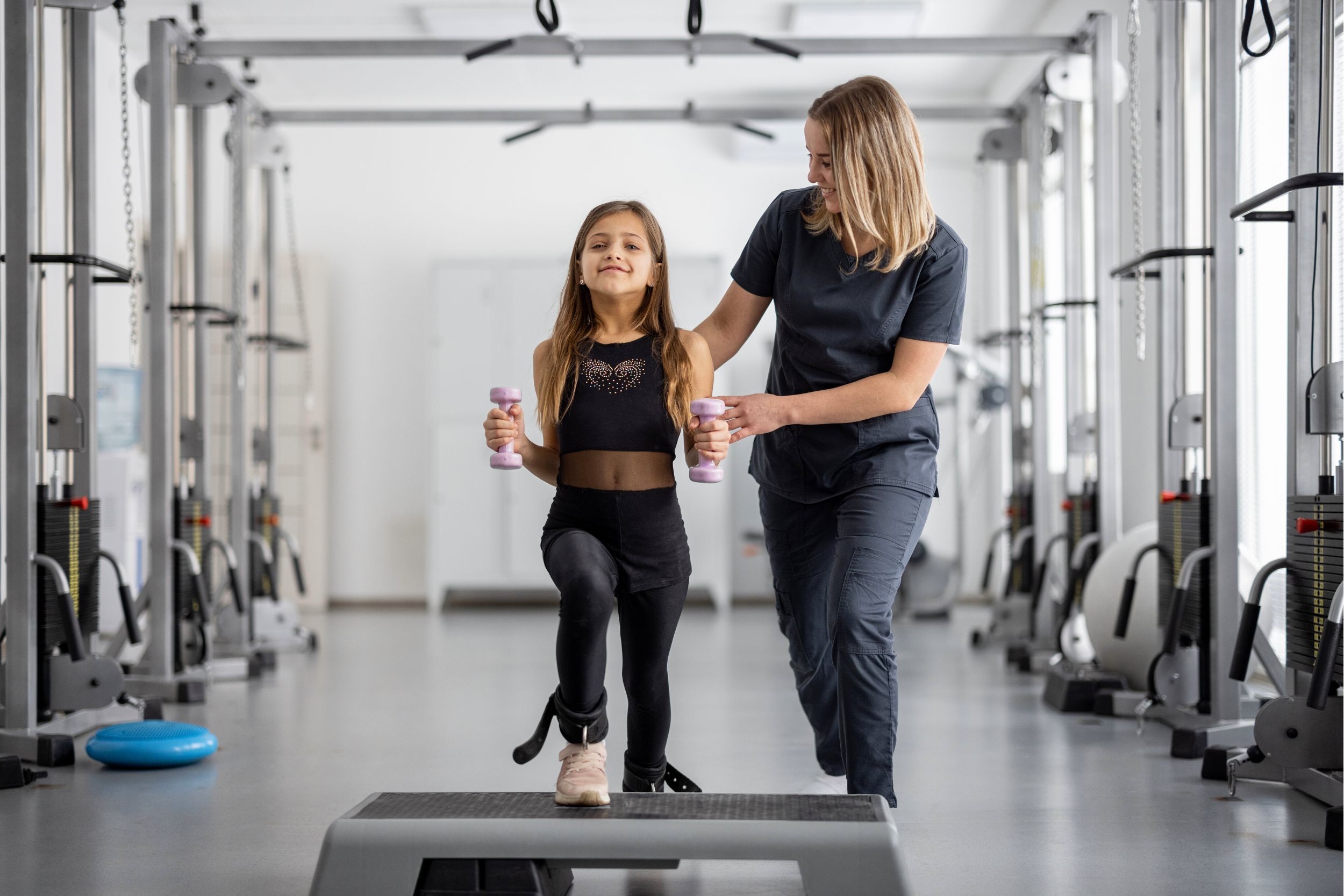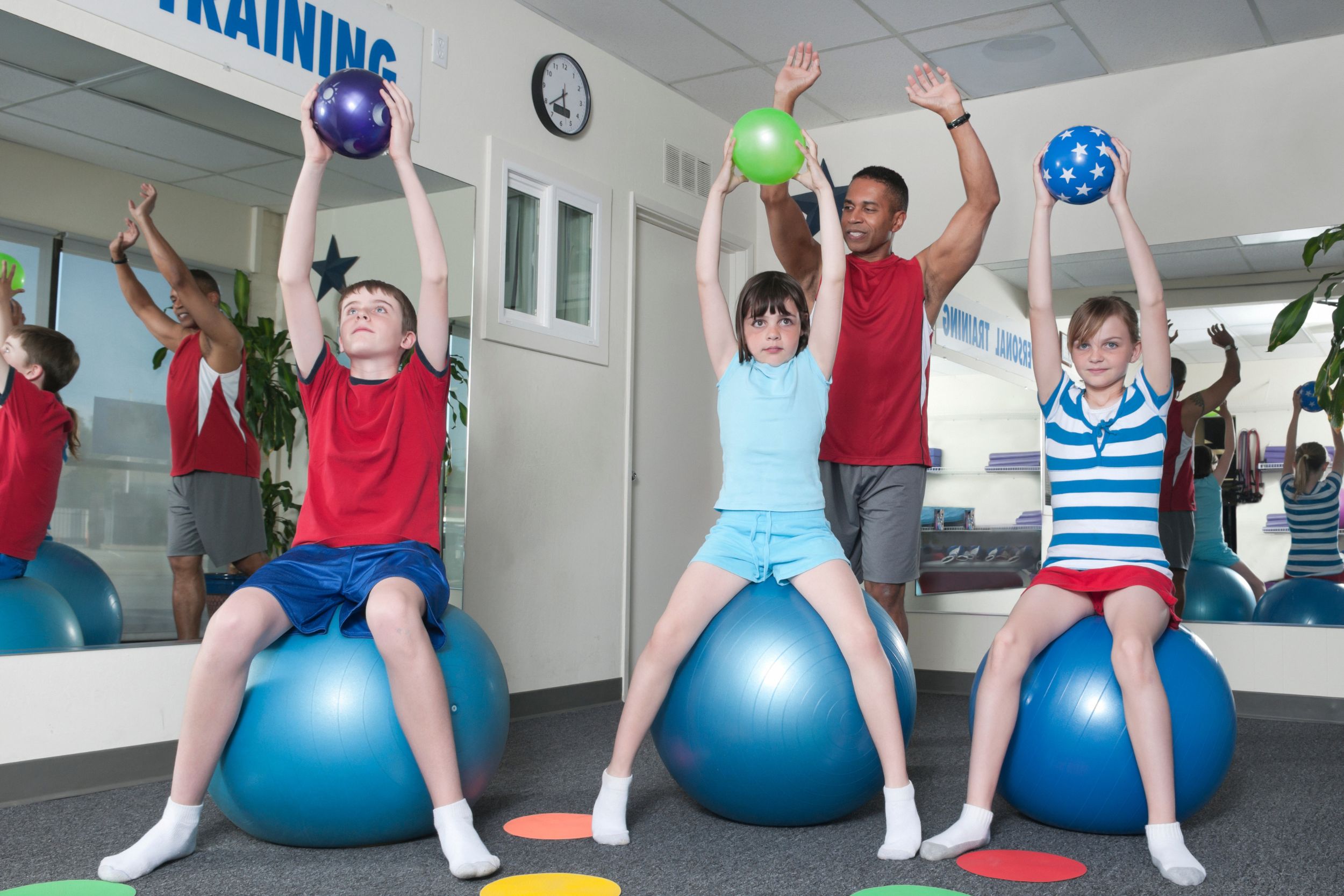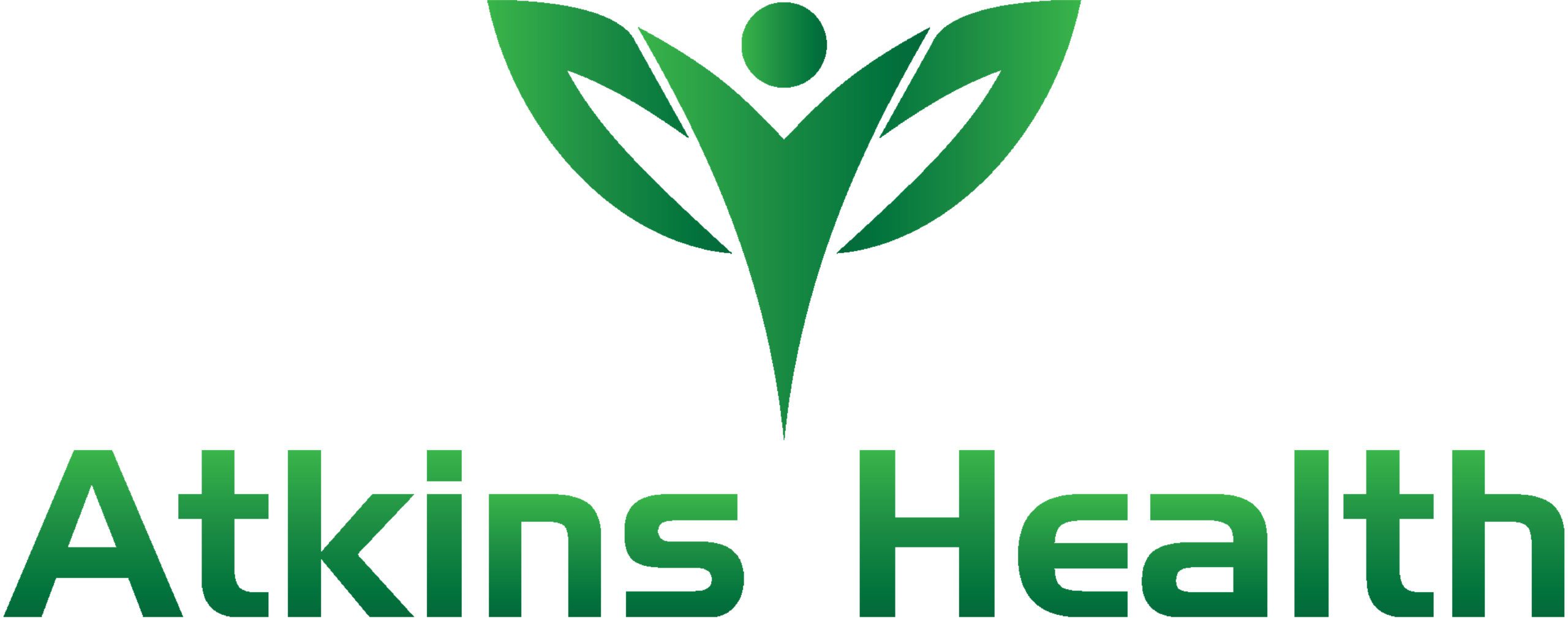My Strong Kids
My Strong Kids Northern Gold Coast

Give your kids a great start!
Our after-school classes are supervised by an exercise physiologist who will develop a tailored program specific to your child’s needs. They’re a fun environment which provide the opportunity for kids to improve critical skills while making new friends.
THE IMPORTANCE OF EXERCISE FOR Kids with Learning & Behavioural Issues
As parents, teachers, or caregivers, we want the best for our children and often seek out various solutions to help them. One solution that has been proven time and time again is exercise. Exercise is not only beneficial for physical health, but it also plays a crucial role in mental and emotional well-being. For children with learning and behavioural issues, exercise can have an even greater impact.
Regular physical activity helps children to release tension and stress, improve their mood and self-esteem, and increase their overall sense of well-being. It also promotes brain development, including the growth of new nerve cells and increased connectivity between brain areas. Additionally, exercise has been shown to improve cognitive function, attention span, and academic performance in children thereby helping with symptoms of learning disabilities such as ADHD and autism.

THE IMPORTANCE OF Executive Functioning Skills
Executive function skills include the ability to focus attention, plan and prioritise tasks, remember instructions and follow through on them, regulate emotions, and inhibit impulses. These skills develop gradually from early childhood through adolescence and continue maturing into adulthood. Development of executive function skills is influenced by genetic and environmental factors, such as exposure to stress, nutrition, and sleep, and children with strong executive function skills are more likely to have better academic achievement, social skills, and mental health.
We can help improve a child’s executive function skills by creating a supportive and structured environment, providing opportunities for practice, and modelling positive behaviours through physical exercise. At Atkins Health we understand the importance of these skills and how to support their development to help children reach their full potential.



HOW WE USE Exercise As Therapy
There are various types of exercises that can benefit children with learning and behavioural issues. These include aerobic activities such as running, jumping, or swimming which improve cardiovascular health and provide a healthy focus for expending energy. Strength training through activities like climbing, push-ups and squats can also help build muscle strength and coordination.
Various other exercises can also be beneficial for children as they promote relaxation, mindfulness, and self-awareness. Exercise has been shown to reduce anxiety and depression, improve social skills, and enhance emotional regulation in children.
The way we structure the My Strong Kids program ensures that physical activities are fun and engaging. Exercise physiology studies how the body responds to physical activity and our exercise physiologists have a comprehensive understanding of how exercise influences the body and the brain. This expertise is used in creating effective exercise programs tailored to individual needs and abilities.
By appropriately adjusting the intensity and type of exercise, exercise physiologists can ensure that children are receiving the optimum level of physical activity that complements their growth and development. This takes into account their current physical condition and any potential risks, making the exercise routine not only effective but also safe for the child. Regular consultations and assessments ensure that as a child develops, their exercise routine evolves to continue providing the maximum benefits. Depending on individual needs our personalised programs can include high-intensity activities to improve cardiovascular health, strength training for muscle development, and mind-body exercises for emotional well-being.
WHO OUR PROGRAM HELPS IN Becoming Strong Kids
In addition to school kids wanting to improve their overall strength and executive skills, My Strong Kids is also suitable for kids with learning difficulties, who our expert staff are experienced in helping. These include children with:
- ASD – Autism Spectrum Disorder
- ADHD – Attention Deficit Hyperactivity Disorder
- Spina Bifida
- Cerebral Palsy
Located inside Jetts 24 Hour Fitness
Pimpama City Shopping Centre – Next to Aldi

What makes our program UNIQUE
- Regular comprehensive assessments of special tests related to youth development, to understand individual needs and monitor progress over six weekly periods
- Using play and games as a form of exercise to improve executive functioning skills
- Regular Reporting for parents/guardians to educate on how treatment can support their child at home and at school
- Both inidividaul and group setting available
- Guided by an exercise physiologist with special interests in paediatric health
- We use special tests related to youth development to understand individual needs of your child
- At the end of the assessment, a tailored week-to-week plan for the next 6 weeks will be provided in detail
- Reassessment after 6 weeks to re-establish goals and determine if ready to progress to a group based setting
- To understand your child’s level of function
- To monitor fine detail progression
- Observe your child’s strengths and weaknesses (physically and cognitively)
- To understand their triggers
- Provide a social setting for your child to create new friendships
- Provide an environment for parents/guardians to create connections
What happens in OUR SESSIONS
- Fun & Games (warm-up)
- Strength program
- Executive functioning development
- Impulse control
- Emotion control
- Organisation
- Working memory
- Task initiation
- Flexible thinking
- Self monitoring
- Planning
- Reward at end of session
- We give regular touchpoints outside of our sessions to provide updates your child on their progress

Class Details & Costs
- They average four kids per class
- Each class duration is 45-60 mins
- Classes are supervised by an exercise physiologist
- Initial Assessment*$130.00
- 30-min Follow-up Session$99.00
- 45-min Follow-up Session$135.00
- Group Class$58 (with minimum cap of 5 people)
- We welcome NDIS & Private Health –
- please call for questions about funding
Latest Blog Articles
It can be easy to get caught up in the good carbs vs bad carbs narrative. Our Accredited Practising Dietitian provides a dose of reality and evidence-based truth.
Come and join Ben, every Friday morning in Robina for a two hour walking program, delivered in conjunction with Gold Coast Health to support the community with a monitored exercise routine.





